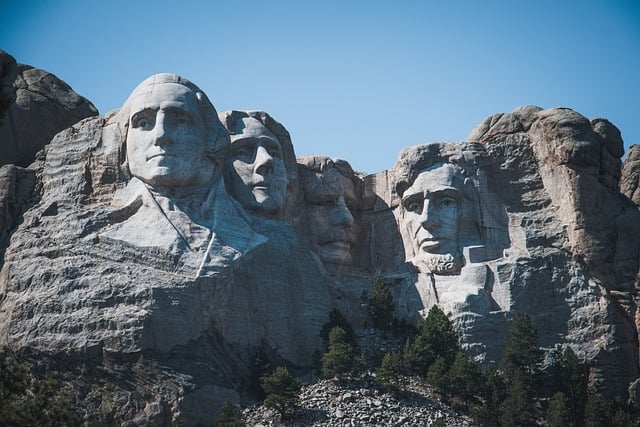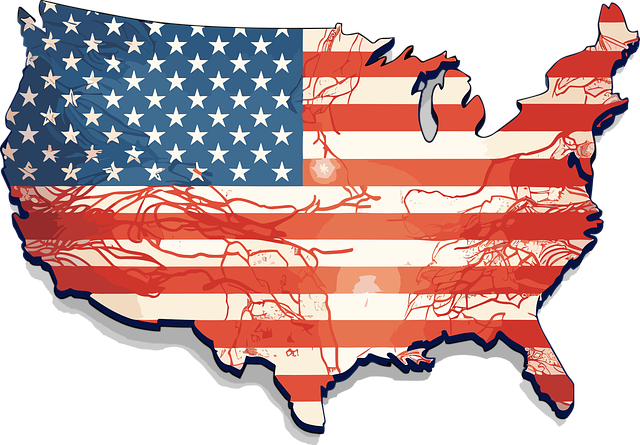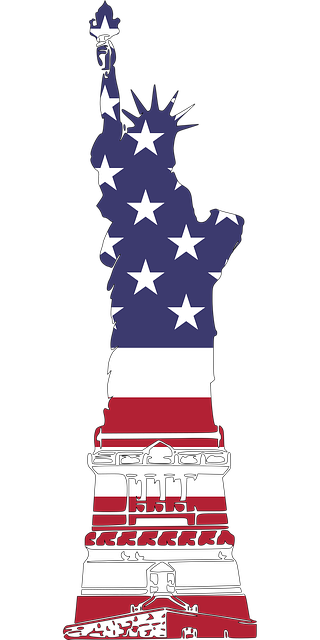The article examines the multifaceted role of the American flag as a symbol within U.S. political discourse, emphasizing its representation of freedom, democracy, and equality. It transcends mere national emblem status, becoming a powerful unifying force in political movements, from the Civil Rights Movement to contemporary demonstrations, where it signifies allegiance and shared values. American Flags For Sale are pivotal in these settings, serving as a visual medium for diverse viewpoints to be expressed and influencing public perception. These flags' presence in political campaigns further underscores their role in shaping collective identity and reinforcing campaign messages through evocative power. Historically, the flag has consistently symbolized American ideals and unity, notably during key historical moments like the War of 1812, the World Wars, and various social movements. In contemporary times, these flags remain central icons in political movements, reflecting the nation's dynamic narrative of democracy, influencing public sentiment, and highlighting their enduring role as a potent symbol of civic engagement and unity. They are not just symbols of national pride but are leveraged by activists to foster unity, express collective identity, and amplify messages, playing a crucial role in shaping political discourse and potentially swaying opinion and influencing policy decisions.
The flag, a potent emblem of nationhood and identity, has long been intertwined with the ebb and flow of political movements across the United States. From its historical roots to contemporary dynamics, the American Flag’s role in shaping discourse and rallying support is both enduring and evolving. This article explores the multifaceted relationship between the flag and political activism, examining its symbolism, the varied ways it is employed by different groups, and the delicate balance between patriotic expression and dissent. It also delves into the practical aspects of sourcing American Flags For Sale, offering insights into selecting appropriate flags for diverse political events. Through historical accounts, legal perspectives, and ethical considerations, readers will gain a comprehensive understanding of how this enduring banner continues to play a critical role in the nation’s political landscape.
- The Symbolism of the American Flag in Political Discourse
- – The historical significance of the flag in U.S. politics
- – Case studies: Key moments where the flag played a pivotal role in movements
- – How political groups adopt the flag for their causes
The Symbolism of the American Flag in Political Discourse

The American flag, a potent symbol of national identity and unity, holds profound significance within the realm of political discourse. It serves as a visual representation of the ideals upon which the United States was founded, embodying themes of freedom, democracy, and equality. In political movements, American flags for sale become more than mere decorations; they are a rallying point for patriotism and collective action. The flag’s presence at rallies, marches, and public demonstrations underscores the participants’ allegiance to their country and the principles it stands for. It is a symbol that transcends partisan lines, resonating with a wide array of individuals who utilize its imagery to express their views on various issues, from civil rights to foreign policy.
Moreover, American flags for sale are often used as a tool for communication in political campaigns, both local and national. They can set the tone for an event or campaign, influencing public perception and solidifying the message being conveyed. The flag’s iconography is leveraged not only to evoke patriotism but also to establish a sense of tradition and continuity, linking contemporary movements to the historical narrative of the American experience. In this way, the flag becomes an integral part of the political lexicon, a visual shorthand that can convey complex ideas and sentiments with immediate clarity. As a result, American flags remain at the forefront of political expression and are a testament to their enduring role in uniting individuals under shared aspirations and values.
– The historical significance of the flag in U.S. politics

The flag, an enduring symbol of national identity and unity, has played a pivotal role in the political landscape of the United States since its inception. From the 18th-century battles for independence to the civil rights movements of the mid-20th century, American flags have been woven into the fabric of U.S. politics, serving as a visual representation of the country’s ideals and aspirations. The iconic stars and stripes have been prominently displayed at rallies, marches, and significant political events, capturing the essence of collective action and the fight for various causes. Throughout history, from the War of 1812 to the World Wars, the flag has stood as a testament to American resilience and determination. Today, American flags for sale are not just souvenirs or decorations; they are tangible connections to a shared heritage and the ongoing narrative of democracy and civic engagement. These flags are often the first symbols associated with political movements, both reflecting and shaping public sentiment and national discourse.
– Case studies: Key moments where the flag played a pivotal role in movements

Throughout history, the flag has served as a potent symbol within political movements, both in the United States and beyond. One salient example is the Civil Rights Movement of the 1960s. During this pivotal era, the American flag became a rallying emblem for activists fighting against racial segregation and discrimination. Iconic images from the time show protesters, led by figures like Dr. Martin Luther King Jr., holding or even draped in flags as they peacefully marched towards equality. These moments underscored the enduring values of freedom and justice that the flag represents, and highlighted the importance of these ideals for all Americans. Another significant instance was the Vietnam War era, where the American flag became a point of contention. It was during these tumultuous times that flag desecration became a form of protest, with activists burning flags to express their dissent against a conflict they believed was unjust and unfounded. These acts, though controversial at the time, sparked national debates about free speech and the limits of patriotic symbolism. Today, American Flags For Sale remain a visible presence in political demonstrations, from local community issues to national policy debates. The flag’s presence is a testament to its enduring significance as both a national emblem and a tool for political expression, reflecting the diverse sentiments and aspirations of the people who wave it.
– How political groups adopt the flag for their causes

Political movements often harness the symbolism and emotional resonance of flags, including American Flags For Sale, to unite individuals under a common cause. These emblems serve as tangible representations of shared values, aspirations, and identity. In times of protest or demonstration, political groups adopt the flag not merely as a national symbol but as a potent tool to convey their collective message and draw attention to their endeavors. The act of waving an American flag can transform a peaceful assembly into a powerful visual statement, capturing the essence of the movement’s spirit and its appeal to broader societal issues. The presence of these flags in political rallies or as part of logo designs for movement-related merchandise like American Flags For Sale, amplifies the sense of solidarity among participants and supporters. It is a visual shorthand that can transcend verbal communication, allowing the message to resonate with a wider audience and potentially influencing public opinion and policy decisions. The strategic use of flags in political movements underscores their ability to become more than mere cloth; they become symbols of hope, resistance, or unity, depending on the context of the cause they represent.
